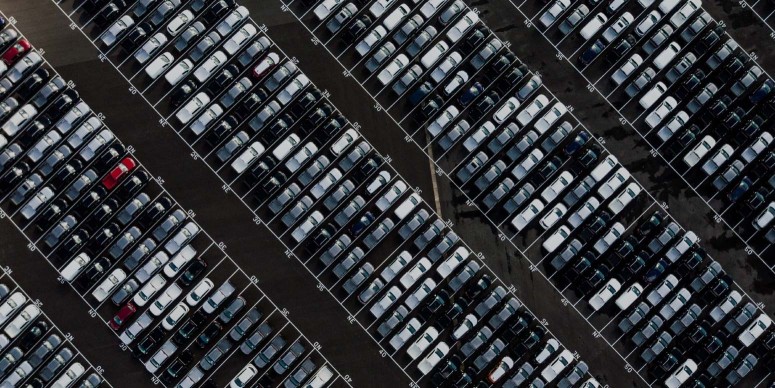Digital Transformation has impacted the Automotive Industry and there is no turning back. Only a few years old cars seem to be relics compared to the newest ones, and this quick transition to digital is only going to accelerate.By 2020, growing digitalization and advancements in technology will have increased the automotive industry investments to $82 billion. The automotive industry has learned quickly that they must meet consumer demands for a digitally enhanced experience when they are researching, purchasing and operating a car. These are the trends currently transforming the automotive industry.The future roadmap of digitalization in the automotive industry is expected to move rapidly from "digital services" to "car-as-a-service" to "mobility-as-a-service", transforming the car into an element of a connected living solution by 2030. In the year 2016, digitalization underpins the transformation of business activities, process improvements, and the development of new competencies and business models across the five key pillars of the automotive industry.
The Digital Transformation of the Automotive Industry study analyzes the strategies, growth analysis, competitive landscape, business models, and future focus areas of original equipment manufacturers (OEMs) and Tier I suppliers. Digitalization in the automotive industry will have a spiral effect on other industries. OEMs and Tier are realized that digitization along with IoT, technology partnerships, software capabilities, and customized solutions will be the way forward for the global automotive industry from the year 2016 to 2025.
“Digital transformation will affect the entire automotive value chain, including design, production, distribution and retail, reshaping the traditional automotive business model. New models will consider data, connectivity and cybersecurity,”
—Frost & Sullivan’s Future of MobilityThe evolving digital lifestyle expectations and demands for new and innovative services will affect all components of the digitalization of the industry. However, according to Frost & Sullivan, it will be most visible within the emergence of Mobility as a Service (MaaS). Increasingly, a readiness to combine different modes of transportation is shaping the industry. The lines between public and private transport are becoming blurred in favor of a multi-modal integrated transportation system encouraging the emergence of models such as smart ticketing, multi solutions and aggregated booking.
The Digital Transformation revolution is already a reality, make the leap with the Digital Business Global MBA.
